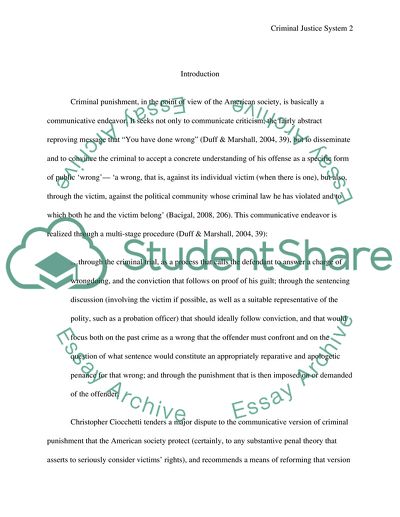Cite this document
(Victims Role and Rights in Criminal Law Research Paper, n.d.)
Victims Role and Rights in Criminal Law Research Paper. Retrieved from https://studentshare.org/law/1732733-a-contemporary-criminal-justice-issue
Victims Role and Rights in Criminal Law Research Paper. Retrieved from https://studentshare.org/law/1732733-a-contemporary-criminal-justice-issue
(Victims Role and Rights in Criminal Law Research Paper)
Victims Role and Rights in Criminal Law Research Paper. https://studentshare.org/law/1732733-a-contemporary-criminal-justice-issue.
Victims Role and Rights in Criminal Law Research Paper. https://studentshare.org/law/1732733-a-contemporary-criminal-justice-issue.
“Victims Role and Rights in Criminal Law Research Paper”, n.d. https://studentshare.org/law/1732733-a-contemporary-criminal-justice-issue.


